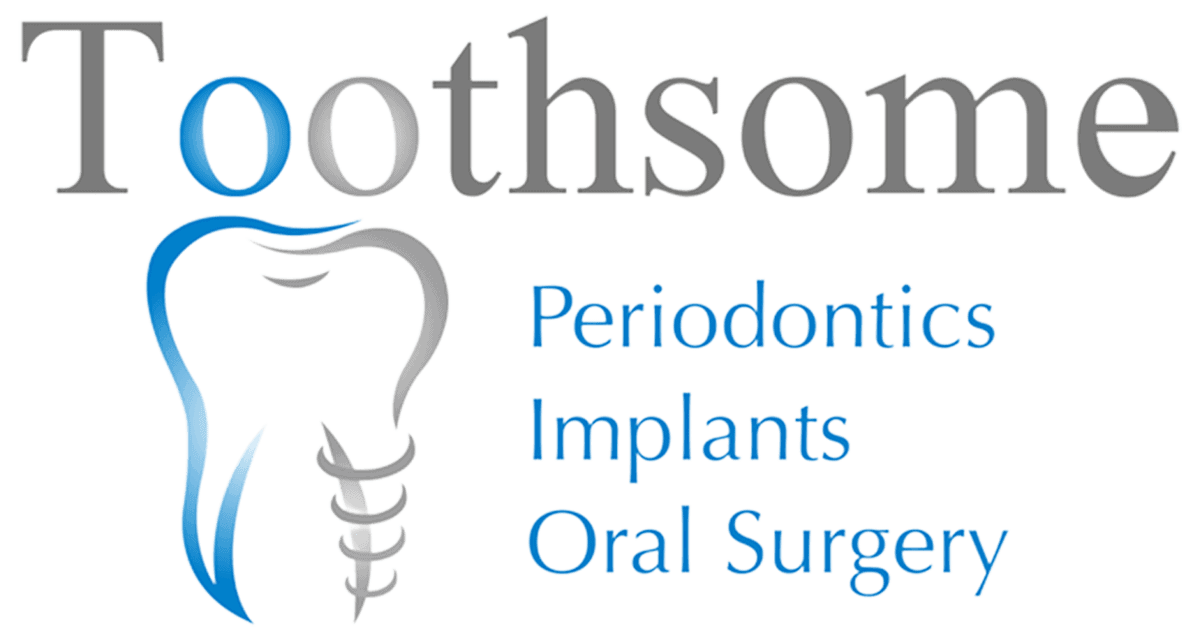
Your wisdom teeth are the molars at the very ends of your jaw arch. It can be difficult to properly brush your wisdom teeth, making wisdom tooth infections more likely to occur. Know the causes, symptoms, and treatments for a wisdom tooth infection so you can prevent your wisdom teeth from causing oral health and other undue problems.
Causes of a Wisdom Tooth Infection
If you don’t brush and floss your wisdom teeth and gum lines well, food particles can get trapped between your teeth and gums, leading to bacterial growth.
Wisdom teeth are also more likely to become impacted than other teeth. This is because your wisdom teeth are the last teeth to grow into your mouth, often arriving when you already have a full mouth of teeth. An impacted wisdom tooth might grow in crooked or bump into adjacent teeth. This can create crevices that are difficult to clean and trap food particles thereby acting as ideal spots for bacterial proliferation.
A wisdom tooth infection can also be caused by trauma that damages the enamel of your tooth, allowing bacteria to grow inside your tooth and harm your tooth pulp.
Symptoms of a Wisdom Tooth Infection
The dull, throbbing pain of a toothache is the most common symptom of a wisdom tooth infection. Tooth discomfort is almost always a sign of a dental problem, so don’t ignore pain in your mouth.
You may also notice bad breath, sensitivity to hot and cold foods, or an unpleasant taste in your mouth. These symptoms are caused by the buildup of bacteria in and around your wisdom tooth that will start to damage your tooth nerves and the gums surrounding your wisdom teeth.
Possible Complications of an Infected Tooth
Your immune system is great at fighting off most infections in your body, but it is difficult for your immune system to respond to infections in the calcified tissue of your wisdom teeth.
Your body’s natural inability to fight wisdom teeth infections means the infections can spread to the jawbone area below your tooth if the infection is not addressed promptly. An abscess forms when the infection travels from the interior of your wisdom tooth down the root canal and forms a pocket of pus in the soft tissue around the tooth.

Once an abscess forms, the infection can spread to your jawbone or other areas of your head. Although it’s rare for a wisdom tooth infection to spread to other parts of your head, these infections can be dangerous and should be treated by a professional as soon as possible.
Treatment for Wisdom Tooth Infections
If you have a wisdom tooth infection, you may need to take antibiotics to kill the infection-causing bacteria before your dentist can begin other treatment options.
Your dentist may be able to perform a procedure to save your wisdom tooth once the infection is gone. Your dentist may be able to fill the cavity to restore the integrity of the tooth.
If your wisdom tooth cannot be saved, or if your wisdom teeth are causing crowding or misalignment, your dentist may need to remove the teeth. Extractions require wisdom teeth surgery with local or general anaesthesia.
Wisdom Tooth Infections After Removal
It’s possible to sustain an infection from a wisdom tooth extraction. Your dentist might prescribe antibiotics to mitigate the risk of postoperative infection.
Persistent pain, swelling, or oozing around the area can indicate an infection near the extraction site. Discomfort in the first days following the extraction is normal, but if the pain persists or worsens, reach out to your dentist to review the healing.
Prevent Tooth Infections
Many tooth infections can be prevented by practising good oral hygiene. Brushing your teeth twice a day and flossing once a day can remove plaque and bacteria from your teeth before they build up can cause an infection.
You should also visit your dentist for a routine cleaning and check-up twice a year. Professional cleanings can remove hard-to-reach plaque from around your wisdom teeth to lower the risk of infection.
Your dentist will also catch and fill cavities before they become bacteria-harbouring spots in your teeth that can progress to an infection.
What to Do About a Wisdom Tooth Infection
If you suspect a wisdom tooth infection, book an appointment with your dentist before the infection spreads or becomes distractingly painful. Toothsome Implants Chatswood is a great resource for people concerned about preventing or treating wisdom tooth infections.
To book an appointment to discuss your wisdom tooth treatment options, contact Toothsome today.
Note: Any surgical or invasive procedure carries risks. Before proceeding, you should seek a second opinion from an appropriately qualified health practitioner.


